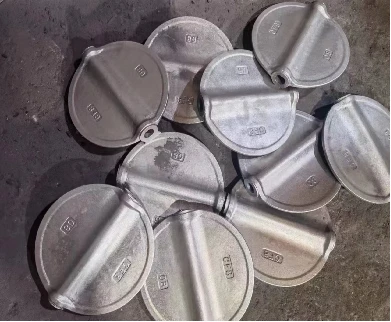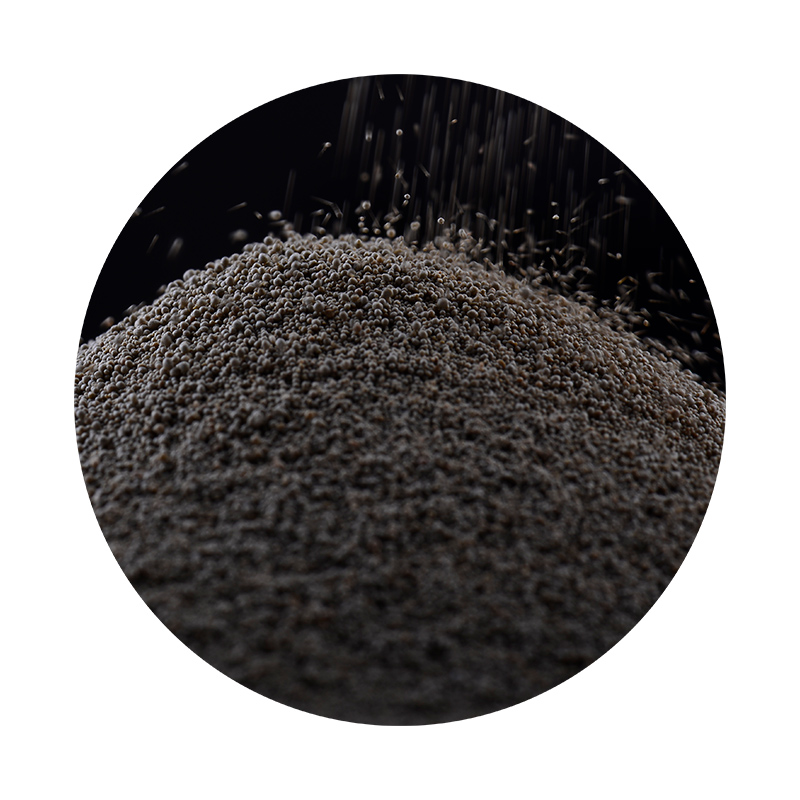

The expertise required to select the appropriate alloy extends beyond simply understanding the mechanical properties and composition. A deep reservoir of experience is essential in making informed decisions about which alloy will offer the best performance for a particular application. Factors such as thermal and electrical conductivity, melting temperature, tensile strength, and compatibility with the desired finish come into play. For industries that hinge on precision and quality, such as aerospace, defense, and automotive, working with alloys demands an authoritative understanding of the material science involved. This calls for a team of dedicated metallurgists and casting specialists, who not only possess the requisite academic qualifications but also real-world experience in handling different casting scenarios. This expertise ensures that the alloys not only meet the technical specifications but also exceed performance expectations, providing the end-user with products that are both reliable and efficient. Trust in the material translates to trust in the product. Therefore, establishing credibility and fostering trustworthiness in sand casting alloys go hand-in-hand with rigorous testing and certification processes. This may include compliance with international and industry-specific standards such as ASTM, ISO, or SAE specifications, which validate each alloy’s performance under stipulated conditions. Engaging with suppliers who offer transparent sourcing and production practices further solidifies this trust, ensuring that the raw materials used are of the highest quality and are responsibly sourced. In conclusion, sand casting alloys continue to serve as vital components in numerous industries due to their versatility, reliability, and proven performance. The nuanced understanding and expertise required to select and utilize these materials effectively underscore their significance in modern manufacturing. With a focus on real-world experience, authority in the subject, and a firm commitment to quality and trustworthiness, choosing the right sand casting alloy becomes not just a decision based on technical specifications but a strategic choice that impacts the efficacy and success of the final product. Post time:1 月 . 16, 2025 03:38
Next:sand casting 101
